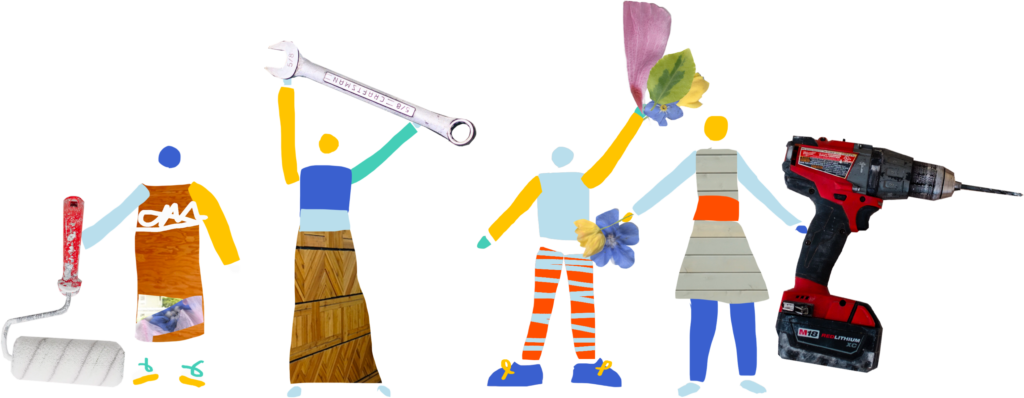
Manifesto

Remember this! Life is so much bigger, so much stranger than you can ever know. Do not ignore this truth for the sake of comfort or convenience.
All humans deserve nourished bodies, adequate shelter, clean living conditions, and basic medical care. Yet, beyond these tangible necessities, there exists a fundamental psychic need which all humans require. That need is dignity.
Dignity is a personal reflection, created by meaning and purpose.
In the modern world, meaning and purpose stem from true freedom, a word we use to denote the psychological capacity to recognize one’s real values, unclouded by illusion or coercion, and the physical capacity to act accordingly.
Lacking the taste of true freedom, an individual’s capacities give way to ennui, despair, and apathy.
Boredom, despair and apathy are the dominant plights of the post-industrial world.
These plights cannot lead to dignity. Lacking viable paths to psychic fulfillment, individuals instead seek it through comforts, habits, and materials.
Such provisions only offer a facade of true freedom. They present us with decisions that result in feelings of satisfaction and accomplishment, but the decisions are patronizing and rewards hollow. They are false freedoms. Instead of nourishing our innate need for dignity, they give us a fleeting satiety while making us slaves to their acquisition.
The false freedoms available to modern man are structured by consumer culture, which is not concerned with its consumers, but only its own self-perpetuation. The objects of vice are designed to quickly become obsolete in order to require further consumption.
These transient forms of fulfillment absorb our attention, inhibiting us from considerations of the infinite possibilities provided by life.
We learn to fear life beyond our comforts, closing off the limitless nature of reality for the sake of familiarity and ease. We become too inundated with our false freedoms to accept that there may be alternatives.
Alternatives always exist, but effective ones require true freedom to envision.
To orient ourselves towards true freedom, we must begin to know our illusions, impulses, and situation. Knowing these elements of our selves requires relinquishing our false freedoms and submitting to reality.
Submitting to reality requires working with concrete laws, physical truths, and actual cause and effect. When an individual confronts these elements with sincerity, the opportunity to expose delusions and more accurately perceive reality arises.
One must submit to reality when learning to play an instrument, to speak a language, or to build a house. Through these activities gaps in knowledge and misunderstandings are rapidly revealed through cacophony, broken words, and ugly, friable structures. In the case of building, one’s distractions, lapses in care, or lack of attention—one’s illusions and impulses in confrontation with reality—are recorded in one’s environment.
These recordings serve as stories, and the stories as reminders.
The builder lives amongst these reminders. They tell her that she was, and is, not yet free.
But, with each new project and each new swing of the hammer, she is in a steady movement towards true freedom by building atop the reminders.
Here, in her journal of wood, stone, gypsum and iron, the builder records her journey in the infrastructure of the world.
Here, she begins to build towards dignity.

